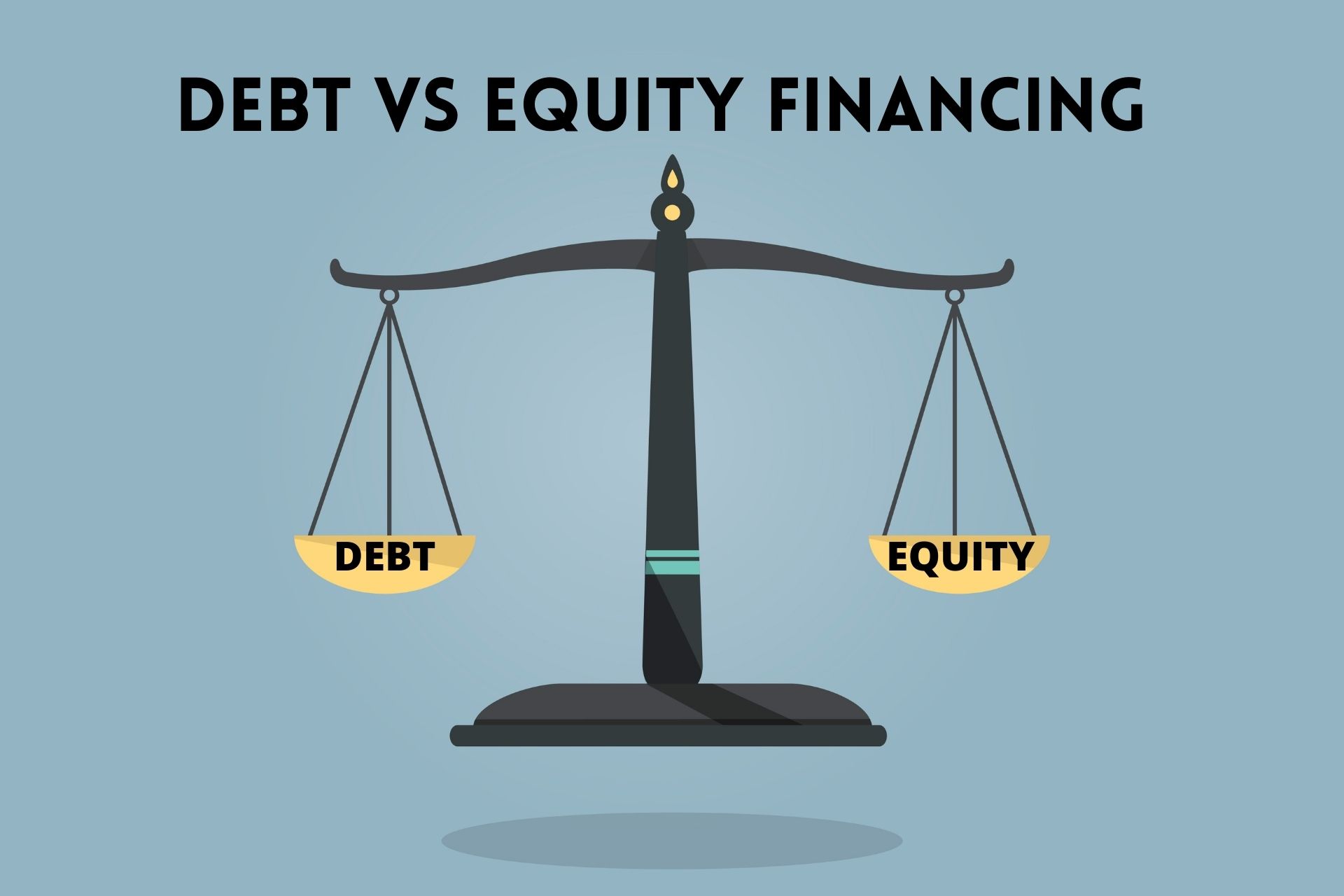

Finance
Equity Fund: Definition, Types, Advantages
Published: November 18, 2023
Looking for a comprehensive guide on finance? Learn about equity funds, their types, advantages, and how they can benefit your financial portfolio.
(Many of the links in this article redirect to a specific reviewed product. Your purchase of these products through affiliate links helps to generate commission for LiveWell, at no extra cost. Learn more)
Understanding Equity Funds: Unlocking the Potential for Financial Gains
When it comes to investing, there are various options available to individuals seeking to grow their wealth. One such option is an equity fund. In this article, we will delve into the definition, types, and advantages of equity funds to help you make informed decisions about your financial future.
Key Takeaways:
- Equity funds are investment vehicles that pool capital from multiple investors to purchase shares of stocks issued by companies.
- Equity funds offer diversification, professional management, and potential for long-term capital appreciation.
What is an Equity Fund?
An equity fund, also known as a stock fund or equity mutual fund, is an investment vehicle that pools funds from multiple investors to invest primarily in stocks issued by companies. This type of fund aims to generate significant returns through capital appreciation as the value of the stock holdings in the portfolio increase over time.
Types of Equity Funds:
Equity funds can be classified into various types based on their investment strategy, sector focus, or market capitalization. Here are some common types of equity funds:
- Growth Funds: These funds invest in companies with significant growth potential. They typically focus on younger companies or those operating in industries with rapid expansion.
- Value Funds: Value funds aim to invest in stocks that are considered undervalued by the market. They focus on companies with strong fundamentals and relatively low stock prices compared to their intrinsic value.
- Large-Cap Funds: These funds invest in large, well-established companies with a market capitalization typically exceeding $10 billion.
- Small-Cap Funds: Small-cap funds invest in smaller companies with a market capitalization generally below $2 billion. These companies often have higher growth potential but may carry greater risks.
- Sector Funds: Sector funds focus on specific industries such as technology, healthcare, or energy. They offer investors the opportunity to concentrate their investments in sectors they believe will outperform the broader market.
The Advantages of Investing in Equity Funds:
Investing in equity funds can offer a range of advantages, making them an attractive option for those seeking long-term capital appreciation. Here are a few advantages to consider:
- Diversification: Equity funds allow investors to spread their risk across a portfolio of stocks. By investing in multiple companies across different sectors or market capitalizations, the risk of a single stock significantly impacting the overall performance of the portfolio is reduced.
- Professional Management: Equity funds are managed by seasoned investment professionals who have expertise in analyzing and selecting stocks. This professional management can help investors navigate the complexities of the market and potentially outperform individual stock selection.
- Potential for Growth: Historically, equity investments have provided higher returns over the long term compared to other investment options such as fixed-income securities or cash. While past performance is not indicative of future results, equity funds offer the potential for significant capital appreciation.
Investing in equity funds can be a rewarding experience, but it’s essential to remember that they come with inherent risks. The performance of equity funds is closely tied to the performance of the stock market, and fluctuations in stock prices can lead to volatility in the value of your investment.
Before investing in equity funds, it is always advisable to conduct thorough research, consider your risk tolerance, and consult with a financial advisor to ensure it aligns with your investment goals and objectives. By doing so, you can make informed decisions and potentially unlock the potential for financial gains.
Disclaimer: The information provided in this article is for informational purposes only and should not be considered as financial or investment advice. Always do your own research and consult with a professional financial advisor before making any investment decisions.














